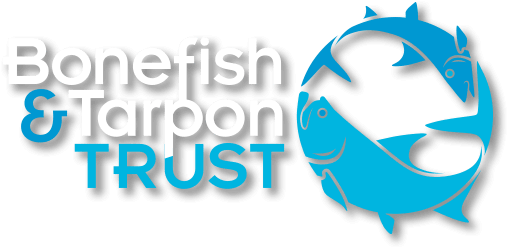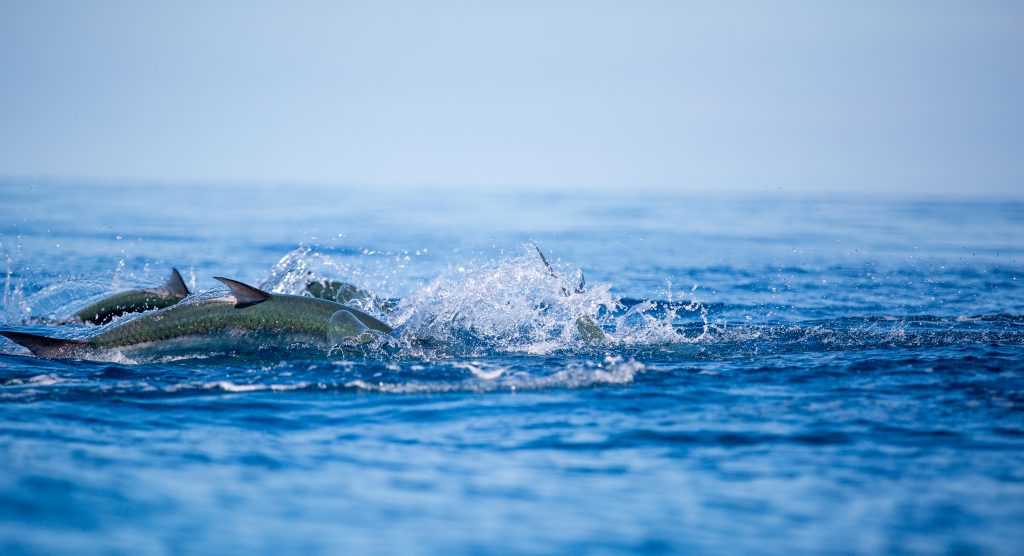The proposal for expanding offshore drilling for oil along the US coast poses a real threat to species that support economically important recreational fisheries and the habitats upon which these fisheries depend. Atlantic tarpon support a valuable recreational fishery that spans from Chesapeake Bay to Texas. Data show that adult tarpon undergo seasonal migrations from the Florida Keys to Chesapeake Bay, and Florida Keys to Louisiana. Indeed, recent genetic research revealed that the recreational fishery for tarpon depends on a single, large tarpon population.
Activities associated with offshore drilling—the sonic testing during the search for oil, the act of drilling, the rigs, and the transportation tankers—all release toxic chemicals and leak oil that are threats to migrating tarpon. Just the standard process of drilling releases thousands of gallons of polluted water, and high concentrations of metals found around drilling platforms accumulate in fish, mussels and other organisms, like forage fish. This is a direct threat to adult tarpon, which use these waters for migration, feeding, and spawning. In fact, recent research documented that tarpon spawn near the site of the Deepwater Horizon oil spill, which likely caused immeasurable impacts to spawning and the resulting larvae. Additional oil drilling activities that threaten tarpon movements and reproduction would further threaten the fishery.
In contrast to the migrations of adults, juvenile tarpon depend upon marshes as nurseries for the first two years of life before they begin to expand their movements, and to eventually join the adult migrations. The long-term, devastating impacts of oil spills on coastal marshes is well documented, with effects continuing for decades. Since juvenile tarpon depend on marshes, and juveniles eventually join the regional adult population, every marsh that is impacted by an oil spill impacts the full population. This, in turn, impacts the economically important fishery.
How important is the tarpon fishery to Florida’s economy? Tarpon are an essential part of the state’s recreational fishery, with an annual economic impact that exceeds $7.6 billion; they are part of the flats fishery in the Florida Keys worth more than $465 million, and part of the Everglades fishery worth nearly $1 billion; the annual economic impact of the recreational tarpon fishery near Boca Grande, FL (the Tarpon Capital of the World) exceeds $110 million.
This combination of adult migrations, offshore spawning in areas targeted by offshore drilling, and dependence on marshes as nurseries make tarpon especially vulnerable to damage from oil drilling. The smart choice is to say no to offshore drilling and yes to a healthy, economically important fishery. (photo: Dan Decibel)




